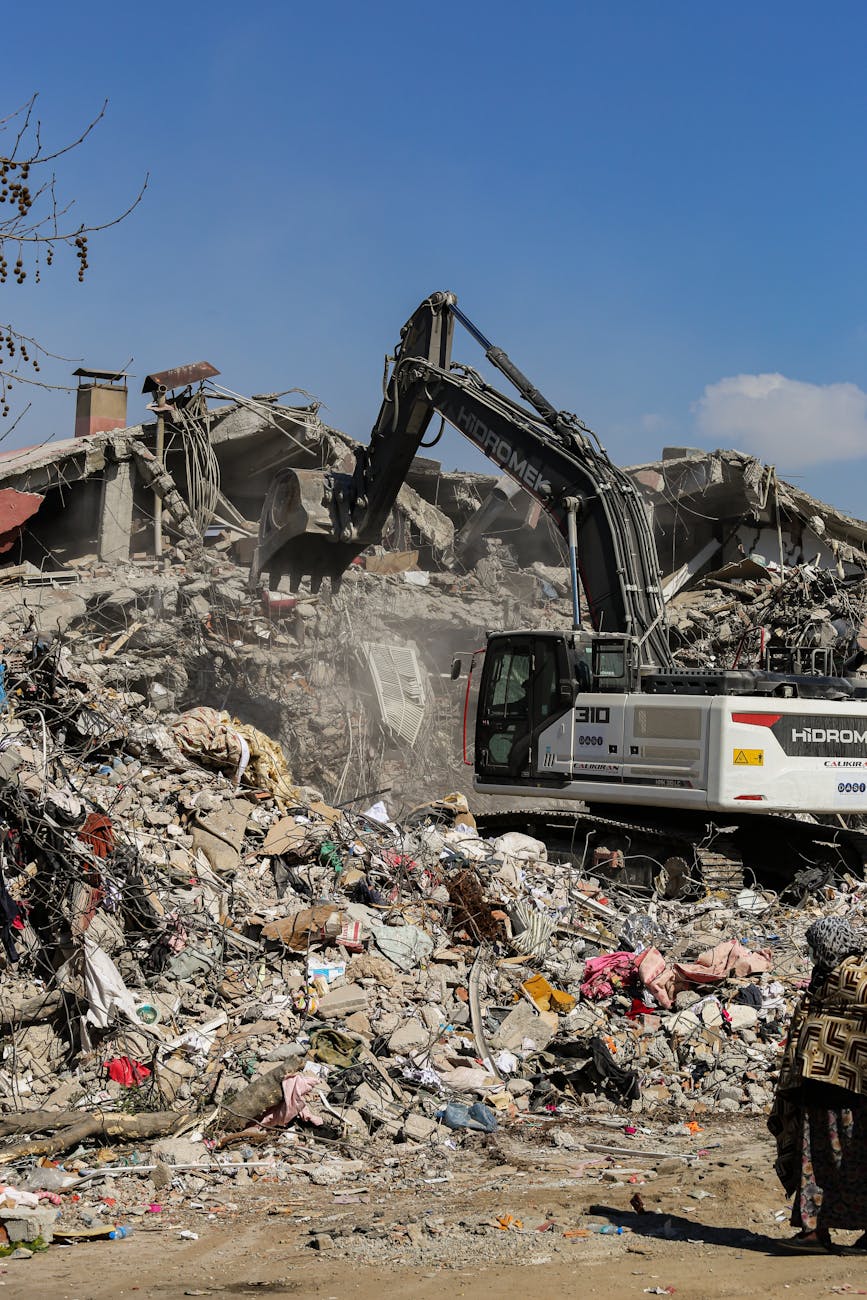Construction Waste Removal: Effortless and Speedy Pro Tips
Construction sites generate a substantial amount of waste, ranging from debris and rubble to packaging materials and scraps. Efficient and proper waste removal from construction sites is crucial not only for the environment but also for maintaining a safe and organized workspace. In this article, we will explore pro tips for effortless and speedy construction waste removal.
Importance of Proper Construction Waste Removal
Proper construction waste removal is essential for several reasons. First and foremost, it helps to ensure the safety of workers and visitors to the construction site. Hazardous materials, sharp objects, and debris can pose significant risks if left unattended. Additionally, responsible waste disposal is necessary to comply with environmental regulations and reduce the ecological impact of construction activities. By implementing effective waste removal practices, construction companies can minimize their carbon footprint and contribute to a more sustainable industry.
Plan Ahead
One of the key pro tips for efficient construction waste removal is to plan ahead. Before starting a construction project, develop a waste management plan that outlines how different types of waste will be handled and disposed of. Identify waste streams, designate specific areas for waste storage, and establish clear procedures for waste removal. By planning ahead, you can streamline the waste removal process and avoid delays or complications during the project.
Segregate Waste at the Source
Segregating waste at the source is another essential tip for effective construction waste removal. Set up separate bins or containers for different types of waste, such as concrete, wood, metals, and general waste. By segregating waste at the source, you can make the sorting and disposal process more efficient, lower disposal costs, and enhance recycling opportunities. Encourage workers to follow proper waste segregation practices and provide training on waste management protocols to ensure compliance.
Invest in Proper Equipment
Using the right equipment and tools can significantly streamline the construction waste removal process. Invest in sturdy waste bins, dumpsters, and containers of various sizes to accommodate different types of waste materials. Consider renting a roll-off dumpster for large construction projects or hiring a waste removal service for specialized waste disposal needs. Having the right equipment on-site can help expedite waste removal, improve safety, and maintain a clean and organized work environment.
Implement Recycling Practices
Maximizing recycling opportunities is a key aspect of sustainable construction waste removal. Implement recycling practices wherever possible to reduce the amount of waste sent to landfills. Identify local recycling facilities that accept construction materials such as concrete, metal, cardboard, and plastics. By recycling materials instead of disposing of them as waste, you can minimize the environmental impact of your construction activities and contribute to a circular economy.
Monitor and Track Waste Generation
Regular monitoring and tracking of waste generation are essential for effective construction waste removal. Keep records of the types and quantities of waste generated, as well as the disposal methods used. Analyzing waste data can help identify opportunities for waste reduction, recycling improvement, and cost savings. Regularly review your waste management practices and make adjustments as needed to optimize efficiency and sustainability.
Conclusion
Efficient and responsible construction waste removal is a fundamental aspect of sustainable construction practices. By implementing pro tips such as planning ahead, segregating waste at the source, investing in proper equipment, implementing recycling practices, and monitoring waste generation, construction companies can streamline the waste removal process, reduce environmental impact, and enhance workplace safety. By prioritizing waste management, construction industry professionals can contribute to a cleaner, greener future for all.
In conclusion, by following these pro tips, construction waste removal can be made effortless and speedy, ensuring a more sustainable and eco-friendly approach to managing waste on construction sites.


